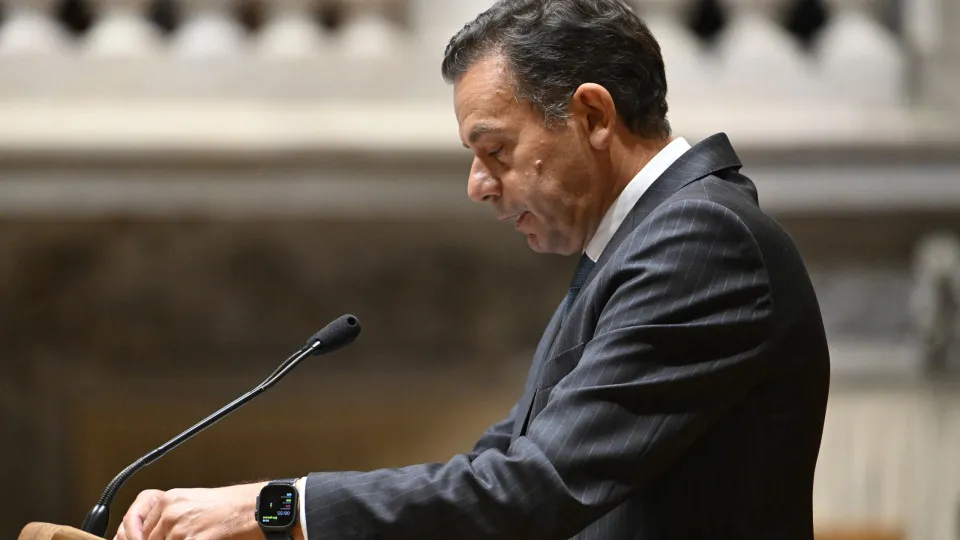
The introduction of the Emergency and Urgent Care Medicine specialty, approved by the Medical Association’s Assembly of Representatives last September, is a key aspect of the Health Emergency and Transformation Plan and will be effective as of Tuesday.
Initially rejected in 2022, the proposal was later accepted at the meeting of the association’s decision-making body, which has the authority to create or dissolve specialties and establish subspecialties.
This governmental measure aligns with “international and European guidelines that recognize this field as an independent medical specialty,” focused on acute patient care and supported by principles of swift and technically skilled action.
“Medical training in Emergency and Urgent Care Medicine represents a strategic axis for the robustness and resilience of the National Health Service (SNS), ensuring the presence of doctors equipped with specific skills in the approach, triage, stabilization, and referral of urgent and emergent patients, both in pre-hospital and hospital settings,” states the ordinance.
The program covers pre-hospital and intra-hospital phases, including resuscitation, diagnosis, and treatment, and will be implemented within the medical residency framework, proposed by the Medical Association and consulted with the National Medical Residency Council.
The ordinance indicates that the approval of this specific training enables the empowerment of doctors in emergency and urgent care medicine, strengthening the healthcare response and promoting more effective, safe, and equitable care across the SNS.
The training program covers 22 clinical areas, such as cardiorespiratory arrest, trauma, severe infections, intoxications, psychiatry, obstetrics, and exposure to external factors.
The training also outlines a five-year plan, featuring an initial course, supervised internships, and assistance activities in emergency settings, including a theoretical-practical course in the first month under the responsibility of the posting service and with technical support from the Medical Association’s Specialty College.
Lasting 60 months, the medical residency includes an initial 12-month general training phase, followed by specific training.
After the course and internal medicine internship, the remaining internships can be organized based on the logistics of the receiving services.
All mandatory internships occur in a daytime emergency setting but may include night shifts if the appropriate casuistry is ensured.
In internal medicine, intensive care, anesthesiology, and pediatric intensive care internships, residents perform 12 hours of emergency duty weekly. In others, they are assigned eight hours of assistance activity weekly at the placement service.
Each internship will have a responsible party appointed by the Medical Residency Management, and residents will have a training advisor throughout the process. Clinical practice will always be supervised, covering all areas of the emergency service.
Some internships may be recognized by equivalence, and the emergency room internship will always be supervised by specialists.
Throughout the five years of residency, doctors must fulfill at least 85% of the minimum defined clinical acts. The final evaluation includes theoretical, practical, and curricular assessments, with the latter weighted at 45% based on the continuous evaluation of internships.
In August, the new Emergency and Urgent Care Medicine specialty had 421 approved candidates from approximately 1,200 validated applications.
The Medical Association began hospital visits that month to assess their suitability for hosting residents and determine if they met the necessary conditions for training accreditation.




